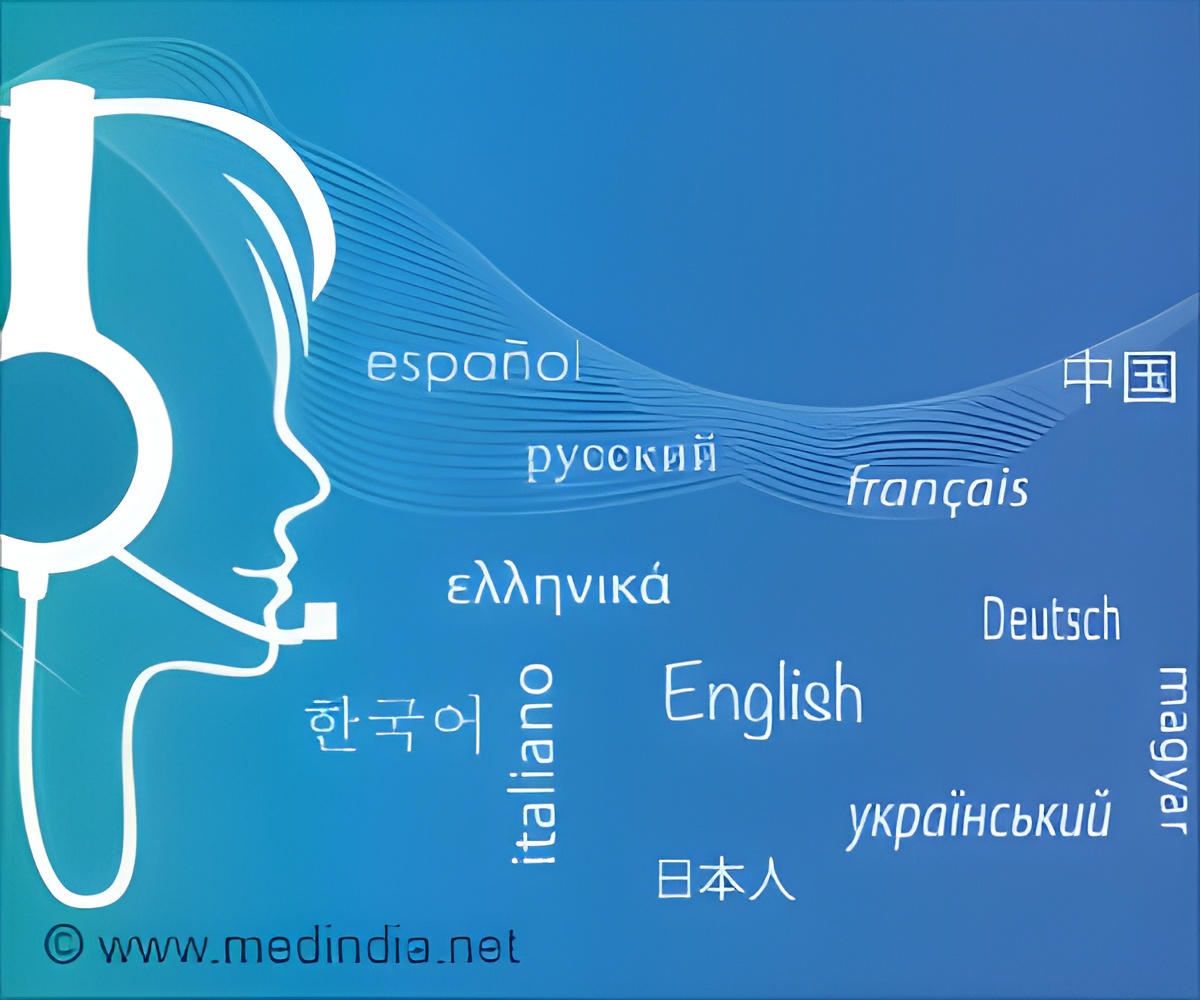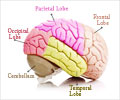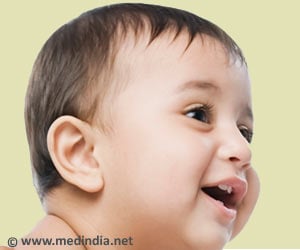Using the same word to describe different things happen based on the knowledge acquired on people’s perceptual, affective, and common-sense knowledge.

‘Humans reuse the same word for multiple meanings both at the individual level (during childhood) as well as at the population level (language evolution).#Linguistics #MachineLearning #LanguageDevelopment’





This first-of-its-kind step toward a unified theory of the lexicon and the mind examined across timescales. The result may also help predict how a word’s meaning may change in the future—across different languages, in language learners, and machine learning.For the study, researchers focused on a common form of human lexical creativity, or word coinage, known as the word meaning extension—where people use known words to express something new instead of creating new words.
When do Languages Use the Same Word for Different Meanings?
They investigated processes of word meaning extension across populations and within individuals, and at two very different timescales—in language change and evolution, which take over hundreds and thousands of years, and in child language development during the first few months and years of life (1✔ ✔Trusted SourceAlgorithms in the historical emergence of word senses
Go to source).
They found that these diverse processes are fundamentally the same and that the creation of new word meanings relies on a shared foundation of knowledge grounded in human experience.
This possible relationship between individual learning and the evolution of languages in terms of how meaning is organized had not been demonstrated thus far, and our study does so on a large scale and in a generalized way.
For the study, the researchers built a computational model that takes pairs of concepts as input, such as “ball” versus “balloon” and “door” versus “key” and makes a prediction about how likely these concepts can be co-named under the same word.
Advertisement
The team found that the four knowledge types contributed to word meaning extension which indicates that word meaning extension relies on multifaceted and grounded knowledge based on people’s perceptual, affective, and common-sense knowledge (2✔ ✔Trusted Source
From language development to language evolution: A unified view of human lexical creativity
Go to source).
Advertisement
They also checked the robustness of these predictive models in languages other than English, verifying that the creation of new word meanings follows similar patterns in 1,400 different languages, including Spanish, Catalan, Basque, Galician, German, French, Portuguese, Dutch, Danish, Norwegian, Swahili, Arabic, Mandarin Chinese, Hindi and Korean.
These computational models may also help facilitate and understand second language acquisition by interpreting errors that learners made in English and other languages, which could resemble how children and adults extend word meaning in their mother tongue.
Future research will further explore the origins and cognitive mechanisms of human lexical creativity and the possibility of predicting new or emerging meanings in both human language development and machine learning systems.
References:
- Algorithms in the historical emergence of word senses - (https://www.pnas.org/doi/full/10.1073/pnas.1714730115)
- From language development to language evolution: A unified view of human lexical creativity - (https://www.science.org/doi/10.1126/science.ade7981)
Source-Eurekalert









